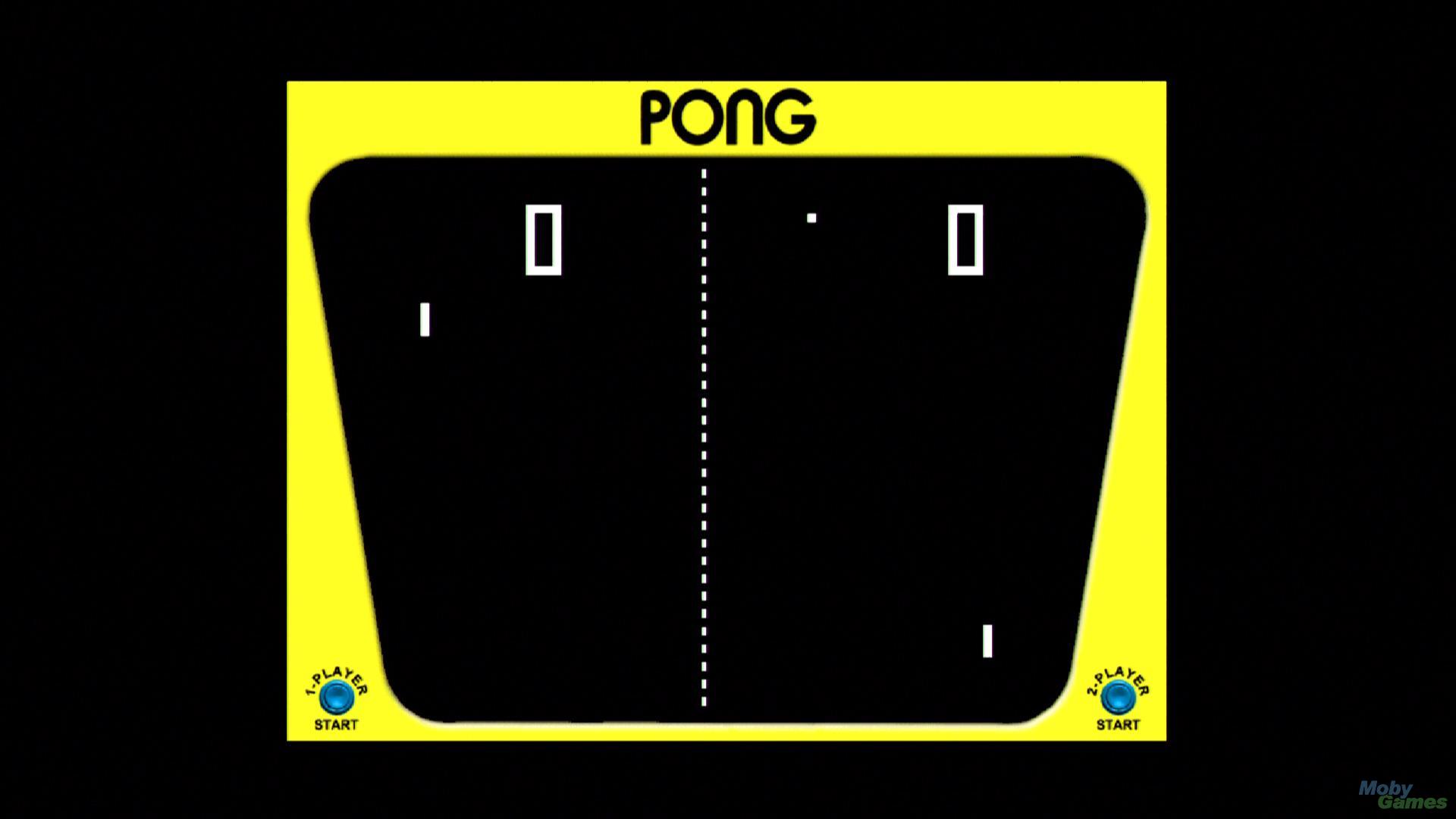University of Chicago professor Leslie Osborne believes that the classic Atari game “Pong” is ideal for tracking eye movement, therefore helping diagnose Parkinson’s, TBI or autism
Osborne’s lab focuses on eye movement behavior, known as smooth pursuit,
that allows eyes to track moving targets. At the recent Brain Research Foundation conference, her paper showed that “when motion becomes predictable, gaze behavior is no longer captured by the same decision rule. Researchers hope to apply this information to quantify the interaction between target, gaze, and time. In a clinical context, researchers hope that it will expand the toolkit for diagnosing brain disorders which affect gaze behavior.”
This is classic video game maker Atari’s second newsworthy development in recent weeks. In December ApplySci described Atari’s digital health partnership with Walgreen’s.
Wearable Tech + Digital Health NYC 2015 – June 30 @ New York Academy of Sciences
